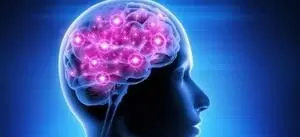
Drugs used to treat HIV, AIDS trialled in people with brain tumours
text_fieldsLondon: Patients with multiple brain tumours are undergoing the first-ever clinical trials of drugs designed to treat HIV (human immunodeficiency virus) and AIDS (acquired immunodeficiency syndrome), the UK-based University of Plymouth announced on Friday.
University scientists at the Brain Tumour Research Centre of Excellence are conducting a clinical trial to see whether using anti-retroviral medications, Ritonavir and Lopinavir, could help people with Neurofibromatosis 2 (NF2).
The rare inherited genetic condition causes tumours such as schwannoma (which includes acoustic neuroma), ependymoma and meningioma which develop on the membrane surrounding the brain.
"This could be the first step towards a systemic treatment for tumours related to NF2, both for patients who have inherited NF2 and developed multiple tumours, as well as patients who have a one-off NF2 mutation and have developed a tumour as a result," said Professor Oliver Hanemann, who is leading the clinical trial.
"If results are positive and the research develops into a larger clinical trial, it would be the most significant change for patients with this condition, for whom there is no effective treatment," he added.
During the trial, which will run for a year, patients will undergo a tumour biopsy and blood test before having 30 days of treatment with the two medications.
They will then have another biopsy and blood test to determine if the drug combination has managed to enter tumour cells and has had its intended effect, the researchers explained.























